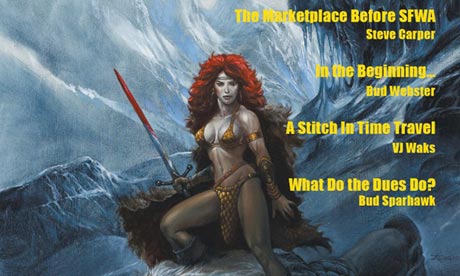The lead character of my book is female, and a mother besides. One of the book's primary supporting characters is also a woman. Again, a mother, though in this case a mother-to-be. In theory, a male perspective on the issues they experience will be distant and irrelevant, but in the same book that I tackle the powerful emotions and conflicts of motherhood, I also write a romantic male foil and a father character. These characters not only have gender, but their actions are steeped in a deep understanding of their gendered roles: those of mother and father, husband and wife.
Whether or not I did a good job representing these roles is for my readers and reviewers to say. But my willingness to do so and the bold disregard with which I dove into these roles is apparently an aberration. I've heard it said that men do not write proper female characters and women do not write proper male characters. I've attended critique groups in which a writer passes on the chance to render advice to a writer of the opposite gender because they "know" that men and women think differently. Consider this in light of the SFWA's recent drama concerning its treatment of female writers and characters, and the popular support for Lightspeed Magazine's Women Destroy Science Fiction Kickstarter campaign.
A realistic depiction of protective armor which doubles as effective insulation
against the frigid winds of the frozen wastelands. And stuff.
(source)
There is a shortage of strong female characters in genre fiction. Lightspeed's Kickstarter demonstrates this is not because of a lack of interest in strong female characters, but instead a lack of opportunities for female writers.
I would challenge that it is also because male writers for some reason boast a series of nigh misogynistic assumptions about what it means to write a female character. In the same breath, I've noticed women feel unable to write realistic male characters. The latter problem isn't causing such dramatic issues, but surely every writer wants every character to work, don't they?
It's about time writers stopped lying to themselves about the nature of gender and allowed themselves to write good, solid characters, no matter their gender. If you can write two different characters of the same gender, then you can write two characters of opposite genders.
